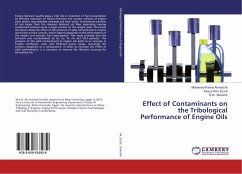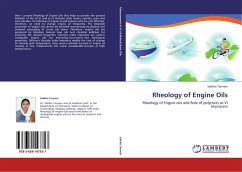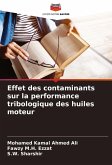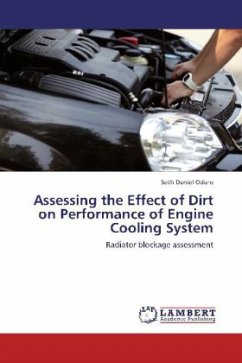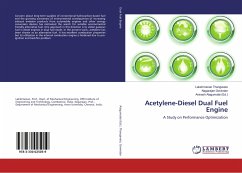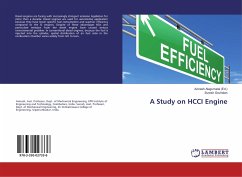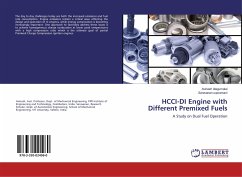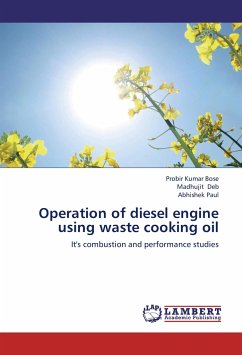Engine lubricant quality plays a vital role in reduction of fuel consumption by effective reduction of friction between the contact surfaces of engine parts (piston ring assembly, bearings and valve train). Contaminant particles of size larger than the dynamic lubricant oil films separating moving component surfaces cause a major portion of the engine wear. This book introduces study the effect of the presence of solid contaminants in engine oils during surface contact, which impact negatively on the performance of the engine and increase fuel consumption. This study revealed that the lubricant was contaminated by Fe, Cu, Al, Pb and SiO2 particles. The presence of the solid contaminants in engine oils leads to an increase in friction coefficient, wear and frictional power losses, increasing the surfaces roughness as a consequence. In order to minimize the effect of solid contaminants, it is necessary to improve the filtration accuracy for lubricating oils.
Bitte wählen Sie Ihr Anliegen aus.
Rechnungen
Retourenschein anfordern
Bestellstatus
Storno

